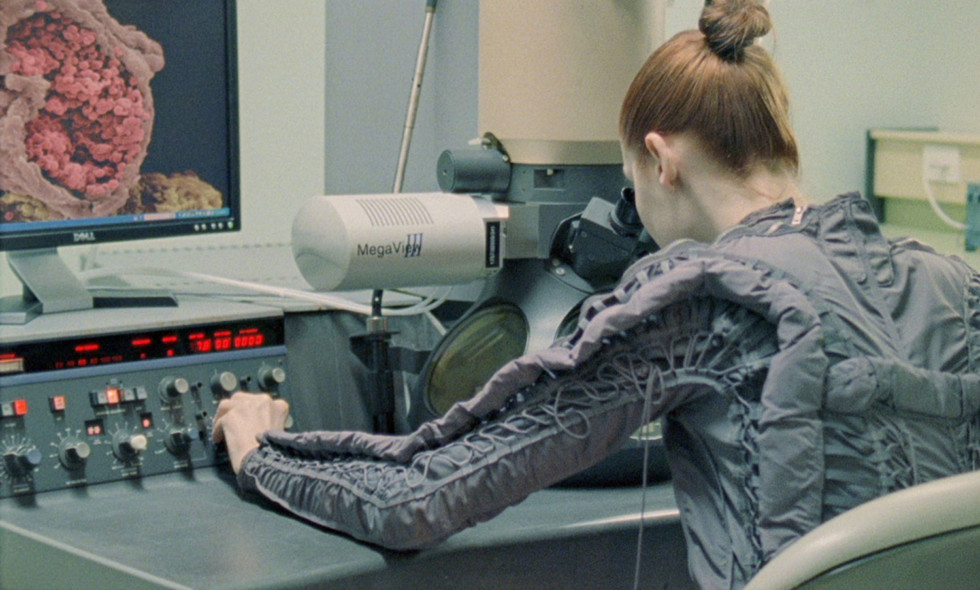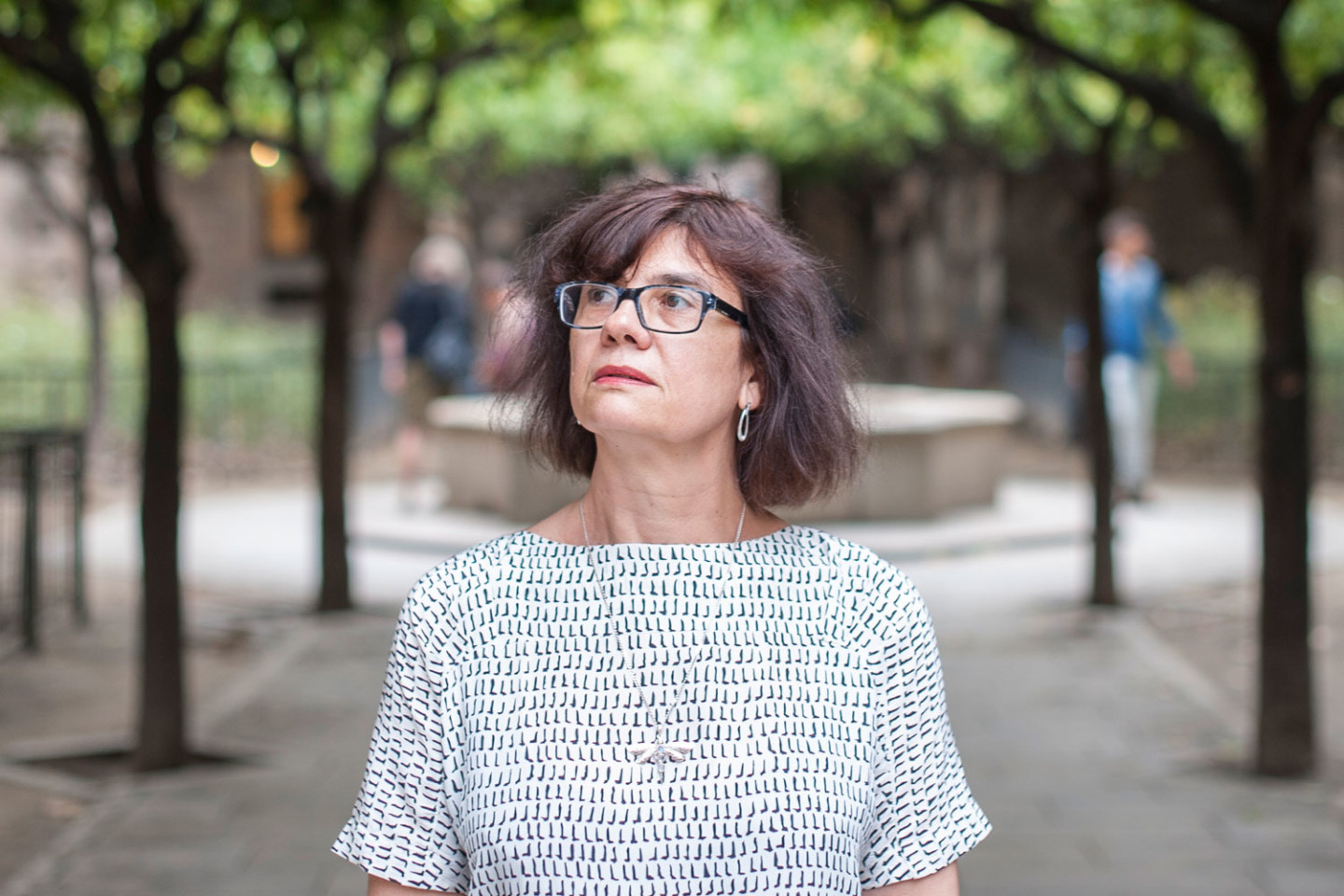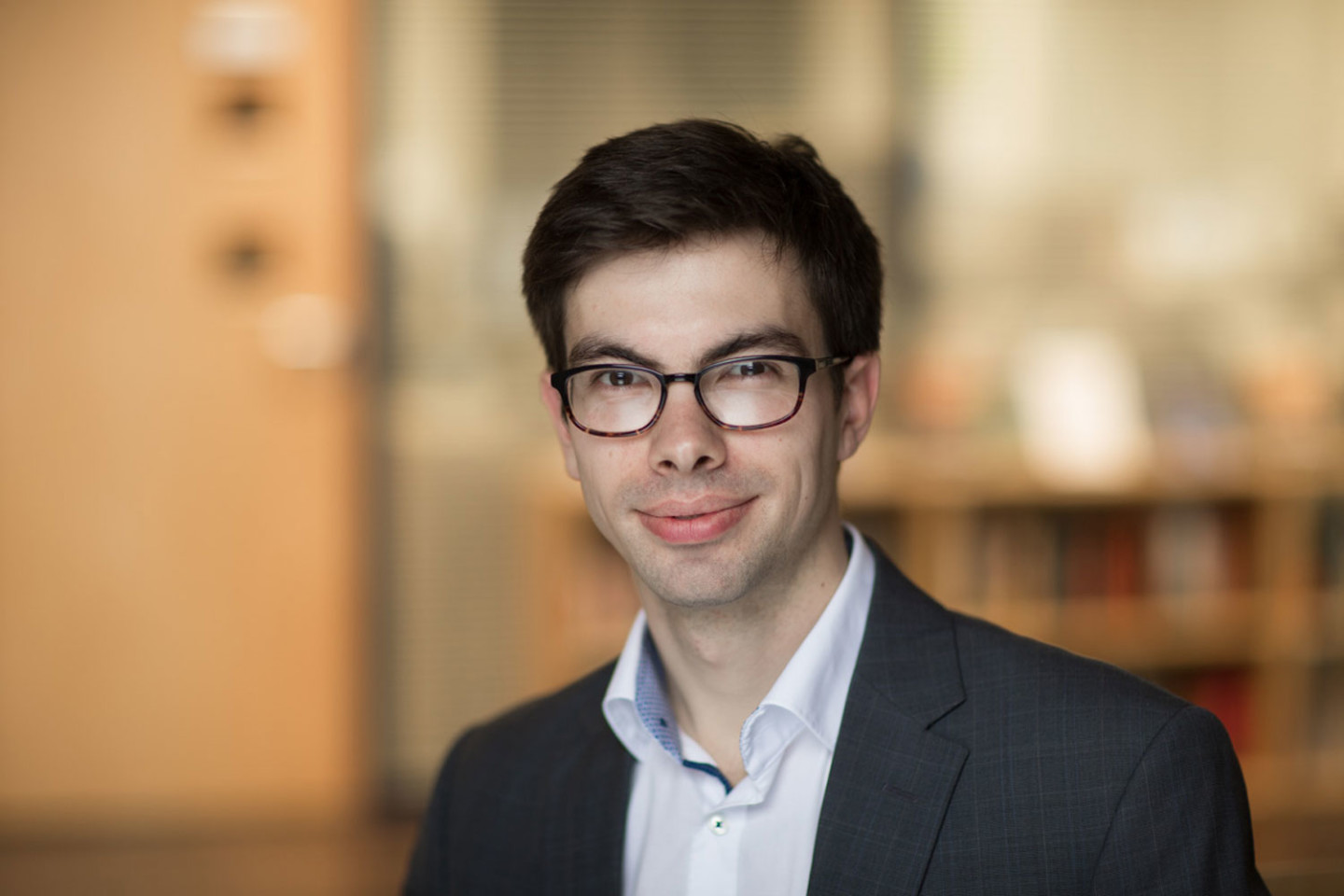
Ursula Mayer, Atom Spirit, 2016 Production stills. © Ursula Mayer
What is Human?
Two lectures on the science and philosophy of the human condition
21.1 2017 – 11.2 2017
Stockholm
The lectures are produced on the occasion of the exhibition The New Human in cooperation with Stockholm School of Economics Art Initiative.
Video documentation from the lectures

The Brain of History or the Mentality of the Anthropocene
Lecture with Catherine Malabou
Date: Saturday 21 January 2017
Time: at 15
Place: The Auditorium, floor 2
Price: Free Admission. No pre-booking. Limited availability.
Language: English
About Catherine Malabou
Catherine Malabou is professor of philosophy at Centre for Research in Modern European Philosophy (CRMEP), Kingston University. She has written extensively on contemporary French and German philosophy but it is with her encounter with neuroscience that have distinguished her research.
About the lecture
Catherine Malabou’s lecture is titled “The Brain of History or the Mentality of the Anthropocene” and will explore topics of the human condition and humanity’s disruption of both earth’s geology and biology. The lecture will further explore Malabou’s approach to renewing an interchange between traditional philosophy and the hard sciences.

Existential Risk and Humanity’s Future
Lecture with Andrew Snyder-Beattie
Date: Saturday 11 February 2017
Time: at 15
Place: The Auditorium, floor 2
Price: Free Admission. No pre-booking. Limited availability.
Language: English
About Andrew Snyder-Beattie
Andrew Snyder-Beattie is Director of Research at the Future of Humanity Institute, Oxford University, where he works with, among others Nick Bostrom, on issues relating to existential risk.
About the lecture
Andrew Snyder-Beattie’s lecture, titled ”Existential Risk and Humanity’s Future”, will explore existential risks: threats that could cause our extinction or destroy the potential of Earth-originating intelligent life. In it he will explore the implications of population ethics, personal identity, and altruism, as well as specific risks that pose a threat to humanity.
Contact: Camilla Carlberg, curator
